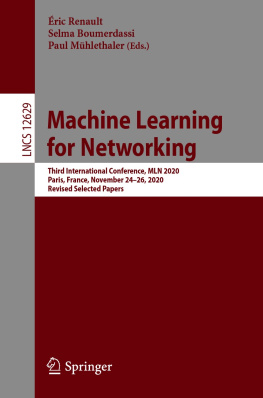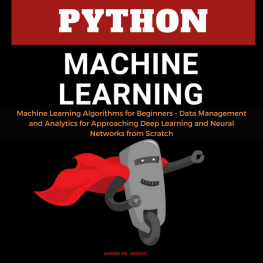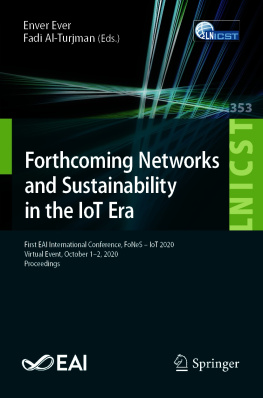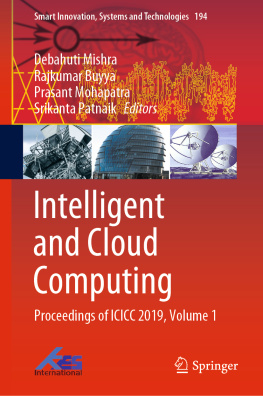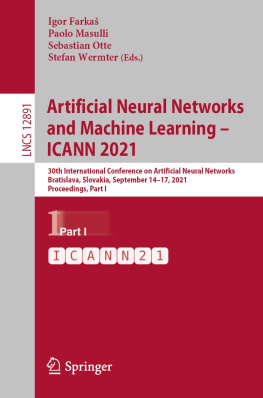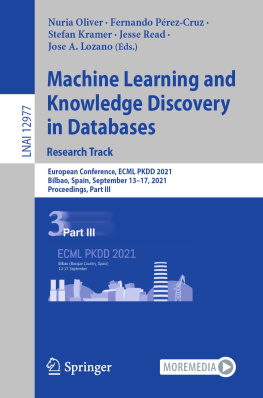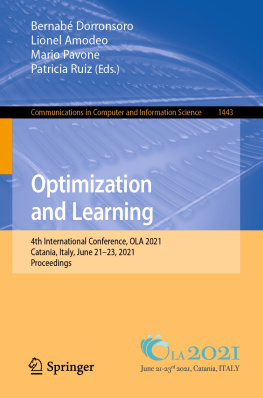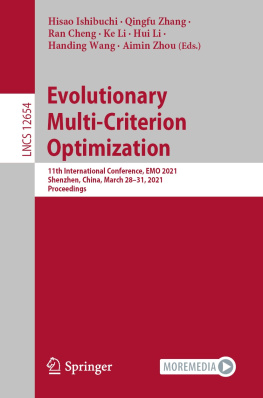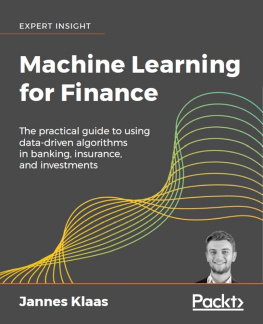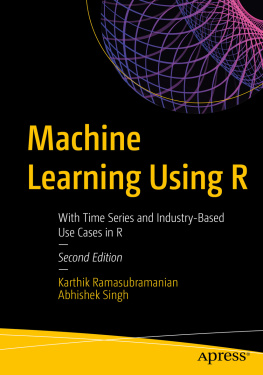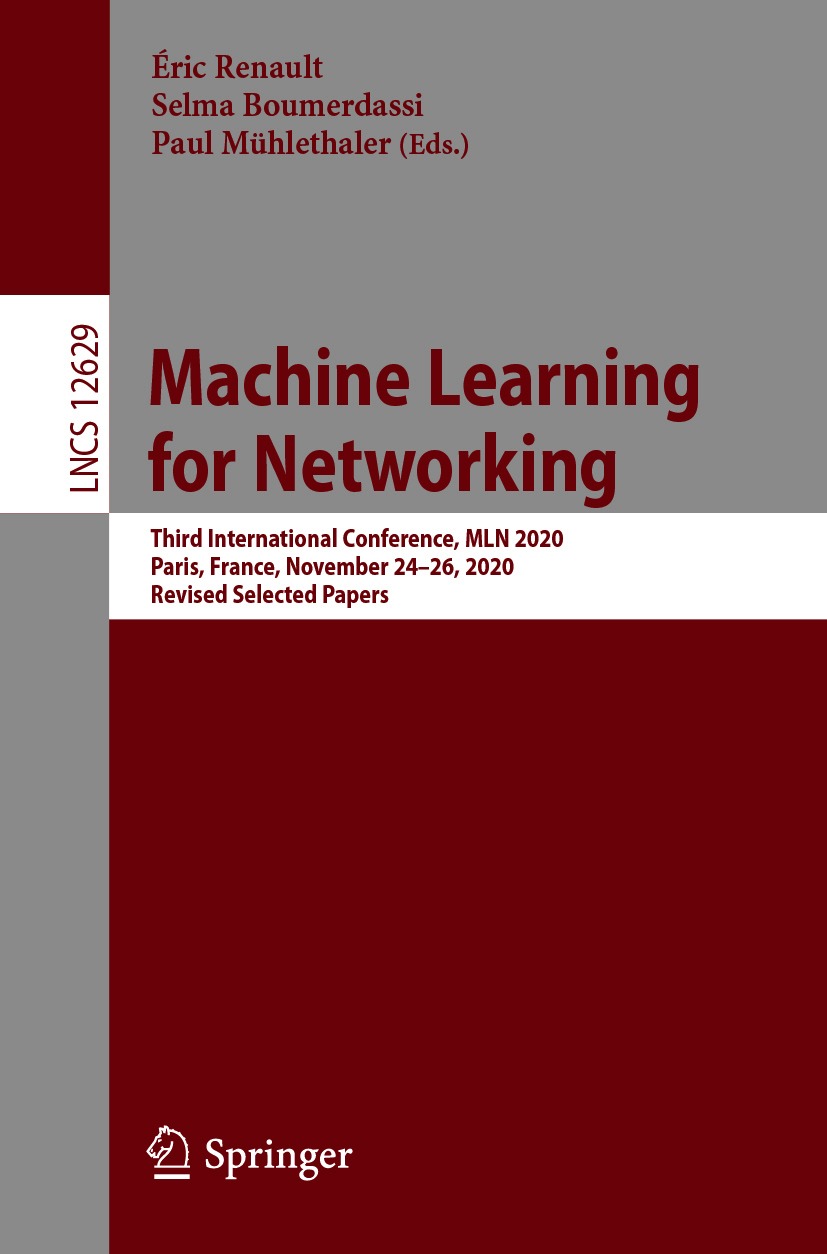Volume 12629
Lecture Notes in Computer Science Information Systems and Applications, incl. Internet/Web, and HCI
Editorial Board
Elisa Bertino
Purdue University, West Lafayette, IN, USA
Wen Gao
Peking University, Beijing, China
Bernhard Steffen
TU Dortmund University, Dortmund, Germany
Gerhard Woeginger
RWTH Aachen, Aachen, Germany
Moti Yung
Columbia University, New York, NY, USA
Founding Editors
Gerhard Goos
Karlsruhe Institute of Technology, Karlsruhe, Germany
Juris Hartmanis
Cornell University, Ithaca, NY, USA
More information about this subseries at http://www.springer.com/series/7409 The series Lecture Notes in Computer Science (LNCS), including its subseries Lecture Notes in Artificial Intelligence (LNAI) and Lecture Notes in Bioinformatics (LNBI), has established itself as a medium for the publication of new developments in computer science and information technology research and teaching.
The cornerstone of LNCS's editorial policy is its unwavering commitment to report the latest results from all areas of computer science and information technology research, development, and education. LNCS has always enjoyed close cooperation with the computer science R & D community, with numerous renowned academics, and with prestigious institutes and learned societies. Our mission is to serve this community by providing a most valuable publication service.
LNCS commenced publication in 1973 and quite rapidly attracted attention, not least because of its thus far unprecedented publication turnaround times. The 1980s and 1990s witnessed a substantial growth in the series, particularly in terms of volumes published. In the late 1990s we developed a systematic approach to providing LNCS in a full-text electronic version, in parallel to the printed books. Another new feature introduced in the late 1990s was the conceptualization of a couple of color-cover sublines. Still, original research results reported in proceedings and postproceedings remain the core of LNCS.
Editors
ric Renault , Selma Boumerdassi and Paul Mhlethaler
Machine Learning for Networking
Third International Conference, MLN 2020, Paris, France, November 2426, 2020, Revised Selected Papers
1st ed. 2021

Logo of the publisher
Editors
ric Renault
Laboratoire LIGM UMR 8049 CNRS, ESIEE Paris, Noisy-le-Grand, France
Selma Boumerdassi
CNAM/CEDRIC, Paris, France
Paul Mhlethaler
Inria/EVA Project, Paris, France
ISSN 0302-9743 e-ISSN 1611-3349
Lecture Notes in Computer Science Information Systems and Applications, incl. Internet/Web, and HCI
ISBN 978-3-030-70865-8 e-ISBN 978-3-030-70866-5
https://doi.org/10.1007/978-3-030-70866-5
Springer Nature Switzerland AG 2021
This work is subject to copyright. All rights are reserved by the Publisher, whether the whole or part of the material is concerned, specifically the rights of translation, reprinting, reuse of illustrations, recitation, broadcasting, reproduction on microfilms or in any other physical way, and transmission or information storage and retrieval, electronic adaptation, computer software, or by similar or dissimilar methodology now known or hereafter developed.
The use of general descriptive names, registered names, trademarks, service marks, etc. in this publication does not imply, even in the absence of a specific statement, that such names are exempt from the relevant protective laws and regulations and therefore free for general use.
The publisher, the authors and the editors are safe to assume that the advice and information in this book are believed to be true and accurate at the date of publication. Neither the publisher nor the authors or the editors give a warranty, expressed or implied, with respect to the material contained herein or for any errors or omissions that may have been made. The publisher remains neutral with regard to jurisdictional claims in published maps and institutional affiliations.
This Springer imprint is published by the registered company Springer Nature Switzerland AG
The registered company address is: Gewerbestrasse 11, 6330 Cham, Switzerland
Preface
The rapid development of new network infrastructures and services has led to the generation of huge amounts of data, and machine learning now appears to be the best solution to process these data and make the right decisions for network management.
The International Conference on Machine Learning for Networking (MLN) aimed at providing a top forum for researchers and practitioners to present and discuss new trends in deep and reinforcement learning, pattern recognition and classification for networks, machine learning for network slicing optimization, 5G systems, user behavior prediction, multimedia, IoT, security and protection, optimization and new innovative machine learning methods, performance analysis of machine learning algorithms, experimental evaluations of machine learning, data mining in heterogeneous networks, distributed and decentralized machine learning algorithms, intelligent cloud-support communications, resource allocation, energy-aware communications, software-defined networks, cooperative networks, positioning and navigation systems, wireless communications, wireless sensor networks, and underwater sensor networks. Due to the special health situation all around the world, all presentations at MLN 2020 were done remotely.
The call for papers resulted in a total of 50 submissions from all around the world: Algeria, Brazil, Canada, France, Greece, India, Italy, Morocco, The Netherlands, Norway, Pakistan, Russia, South Africa, Sweden, Taiwan, Tunisia, Turkey, the United Kingdom, and the United States. All submissions were assigned to at least three members of the Program Committee for review. The Program Committee decided to accept 22 papers. Three intriguing keynotes from Mrouane Debbah, Huawei, France, Philippe Jacquet, Inria, France, and Fakhri Karray, University of Waterloo, Canada, completed the technical program.
We would like to thank all who contributed to the success of this conference, in particular the members of the Program Committee and the reviewers for carefully reviewing the contributions and selecting a high-quality program. Our special thanks go to the members of the Organizing Committee for their great help.
Thursday afternoon was dedicated to the Third International Workshop on Networking for Smart Living (NSL). The technical program of NSL included two presentations and an invited paper by Nirmalya Thakur, University of Cincinnati, USA.
We hope that all participants enjoyed this successful conference.
Paul Mhlethaler
ric Renault
December 2020
Organization
MLN 2020 was jointly organized by the EVA Project of Inria Paris, the Laboratoire dInformatique Gaspard-Monge (LIGM) and ESIEE Paris of Universit Gustave Eiffel, and CNAM Paris.
General Chairs
Paul Mhlethaler
Inria, France
ric Renault
ESIEE Paris, France
Steering Committee
Selma Boumerdassi

